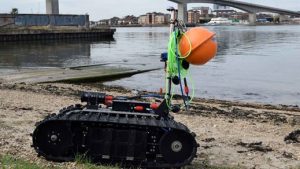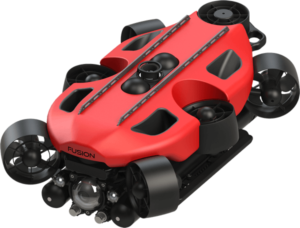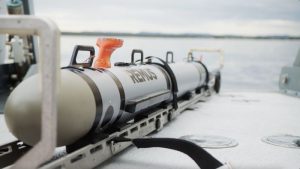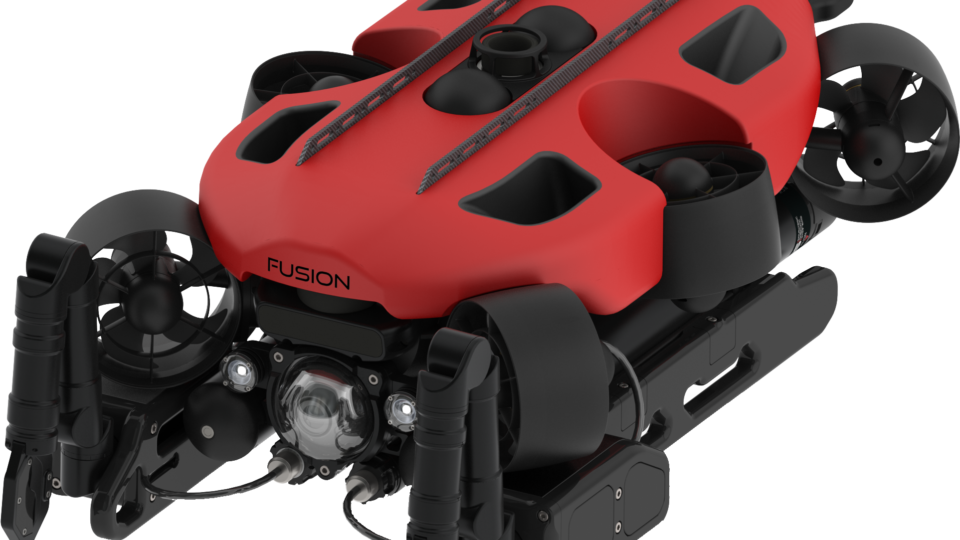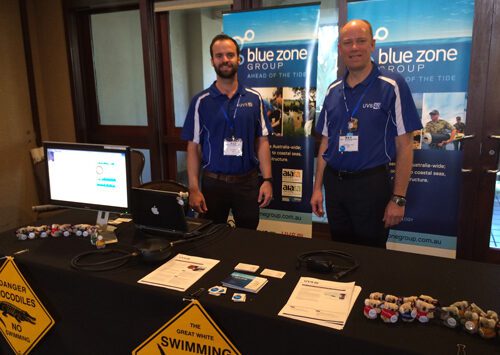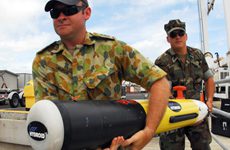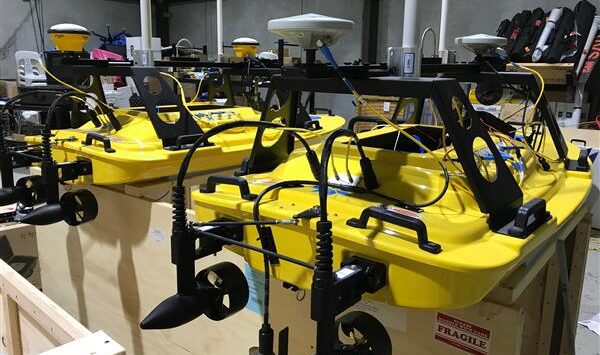Navigating the Future of Defence: The Advancement of Uncrewed Technologies
Enhancing Defence Capabilities with Robotic and Autonomous Systems
Over the past 12 months, defence & security warfare have demonstrated that the digital age relies heavily on traditional, industrial-age tactics and assets. Worldwide, the recent deployments of uncrewed technologies in hostile environments highlights how defence are now prioritising a hybrid mission approach.
Within the Australian Defence Force (ADF), the incorporation of uncrewed technologies is being implemented to enhance undersea capabilities to meet the evolving strategic environment.
The Royal Australian Navy (RAN) surface combatant fleet is being developed and will introduce Uncrewed Underwater Vehicles (UUVs) and Uncrewed Surface Vessels (USVs). The incorporation of such vehicles will be used to take advantage of technological advancements in autonomous, robotic and uncrewed systems. The RAN’s uncrewed systems will be optimised for persistent, long-range defence missions in high-risk environments including maritime intelligence, surveillance and reconnaissance. Additionally, these systems enhance the ADFs capabilities through the collection and analysis of hydrographic data during operations.
Internationally, the scope of uncrewed systems is continuously growing through Navy lead exercises and programs. These activities are designed to optimise system interoperability and encourage collaboration between the public and private sectors. The exercises are engaging small and medium size enterprises and providing the opportunity to bring new innovative solutions and technology to this dynamic.
The uncrewed systems such as Autonomous Underwater Vehicles (AUVs), Remotely Operated Vehicles (ROVs) and other towed systems are not devised to substitute personnel in the field but rather compliment them. This uniformity offers a newly defined playbook for precision and decisive campaigns that keep the people out of harms way. The diversification of uncrewed vehicles through new and different payload configurations and battery packs are extending the endurance and autonomous capabilities.
These systems are expanding the thought process of future operations. By changing the approach and technology, defence forces can effectively plan their missions and identify which systems complement the mission’s requirements. The integration of uncrewed technologies within the ADF and globally signifies a pivotal shift in modern warfare strategies. Leveraging advancements in autonomous systems, defence forces can enhance their operational capabilities while minimising risks to personnel. The continuous evolution and deployment of these technologies underscore the importance of innovation and collaboration in maintaining strategic superiority.
Read More:
The Australian Defence Export Catalogue 2024
ONT Magazine – Remote Marine Operations
Modern Mine Countermeasures – BlueZone Group
Looking Ahead: The Role of Autonomous Systems in Pacific Defence – BlueZone Group
